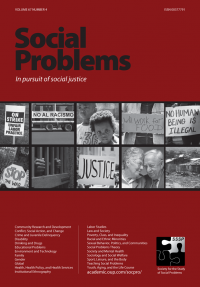
Despite the importance of including diverse populations in biomedical research, women remain underrepresented as healthy volunteers in the testing of investigational drugs in Phase I trials. Contributing significantly to this are restrictions that pharmaceutical companies place on the participation of women of so-called childbearing potential. These restrictions have far-reaching effects on biomedical science and public health. Using 191 interviews collected over three years, this article explores the experiences of 47 women who navigate restrictions on their participation in U.S. Phase I trials. Women in this context face a number of contradictory criteria when trying to enroll, which can curtail their participation, justify additional surveillance, and deny pregnant women reproductive agency. The pharmaceutical industry’s putative protections for hypothetical fetuses exacerbate inequalities and attenuate a thorough investigation of the safety of their drugs for public consumption. We use the framework of “anticipatory motherhood” within a gendered organizations approach to make sense of women’s experiences in this context.
